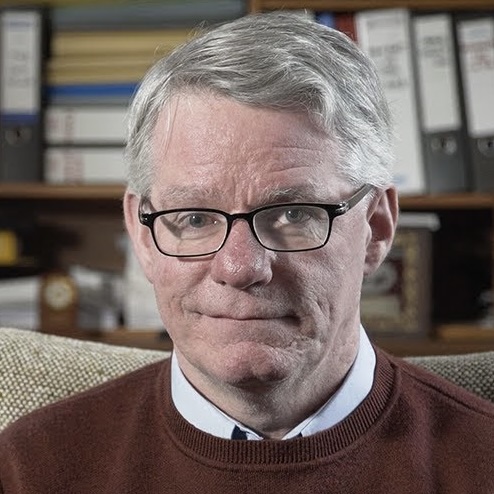You are not currently logged in. Please create an account or log in to view the full course.
Detecting Gravitational Waves
- About
- Transcript
- Cite
Using Gravitational Waves to Measure the Expansion of the Universe
In this course, Professor Martin Hendry (University of Glasgow) discusses how we can use gravitational wave detections to help us refine our measurement of the expansion rate of the Universe. In the first mini-lecture, we introduce gravitational waves, first as a prediction made by Einstein in his theory of gravity and then as an observation made nearly 100 years later with the LIGO interferometer detectors. In the second mini-lecture, we discuss Edwin Hubble’s work that led to the discovery of the expansion of the Universe and how his work has been extended in more recent times. In the third mini-lecture, we discuss how gravitational waves can be used to help us find the expansion rate of the Universe, and in the fourth mini-lecture, we look at a specific event, GW 170817, that allowed us to make the first measurement of the Universe’s expansion rate using gravitational waves. In the fifth mini-lecture, we consider some notable gravitational wave detections and what the future holds.
Detecting Gravitational Waves
In this mini-lecture, we introduce the theory that predicts gravitational waves and the technology developed nearly 100 years later to detect this phenomenon. As we move through this mini-lecture, we consider: (i) gravity, spacetime curvature, and matter as described in Einstein’s theory of gravity, which predicted gravitational waves in 1916; (ii) gravitational waves, which are ripples in spacetime from the movement of massive bodies and are very weak once they reach Earth; (iii) the Laser Interferometer Gravitational-Wave Observatory (LIGO) project detectors that can measure the extremely tiny disturbances in spacetime made by gravitational waves; (iv) the program to update the LIGO detectors (aided by new technology developed by the University of Glasgow); (v) the first detection of gravitational waves in 2015; and (vi) the subsequent Nobel Prize in Physics awarded in 2017 for this detection.
Cite this Lecture
APA style
Hendry, M. (2022, January 14). Using Gravitational Waves to Measure the Expansion of the Universe - Detecting Gravitational Waves [Video]. MASSOLIT. https://massolit.io/courses/using-gravitational-waves-to-measure-the-expansion-of-the-universe
MLA style
Hendry, M. "Using Gravitational Waves to Measure the Expansion of the Universe – Detecting Gravitational Waves." MASSOLIT, uploaded by MASSOLIT, 14 Jan 2022, https://massolit.io/courses/using-gravitational-waves-to-measure-the-expansion-of-the-universe

